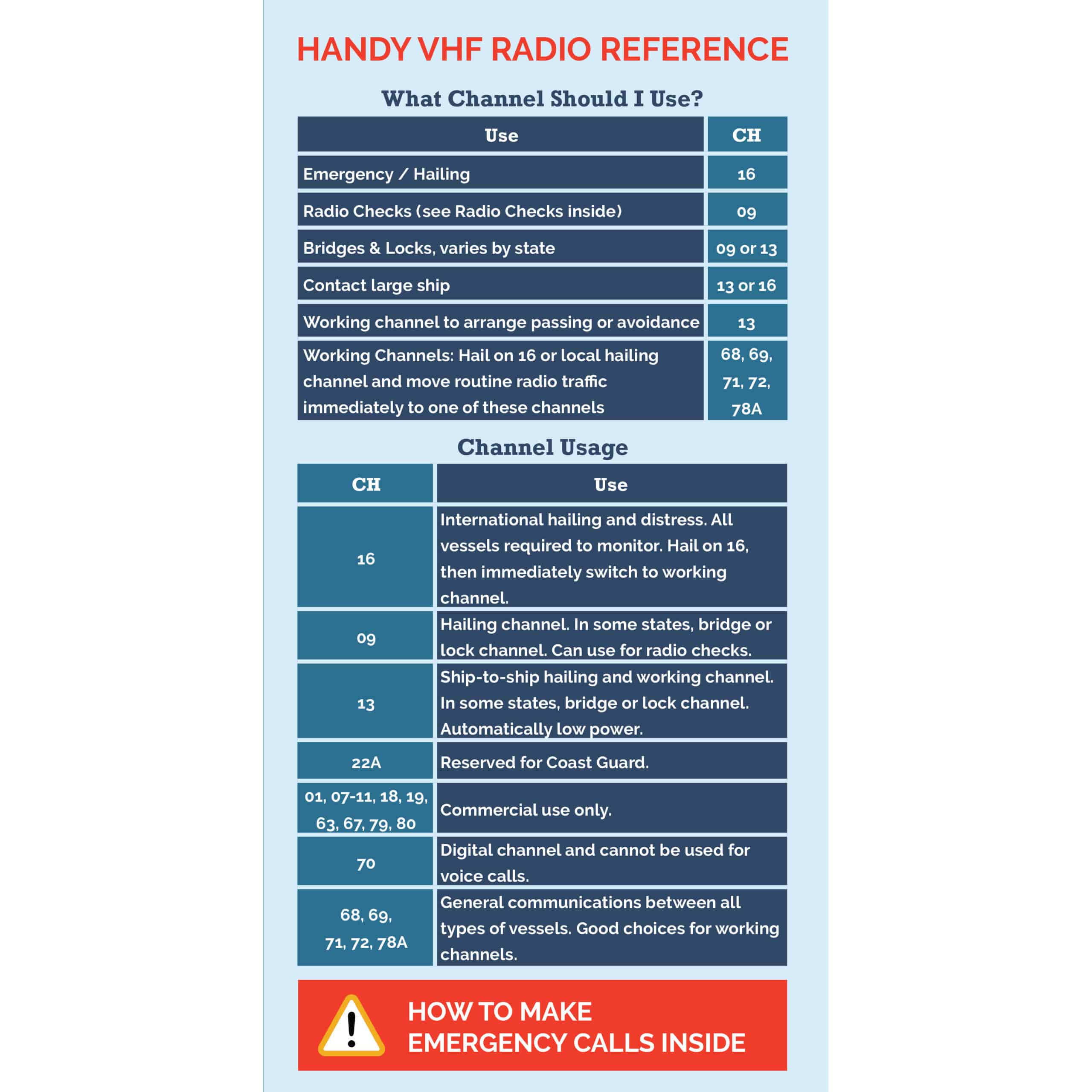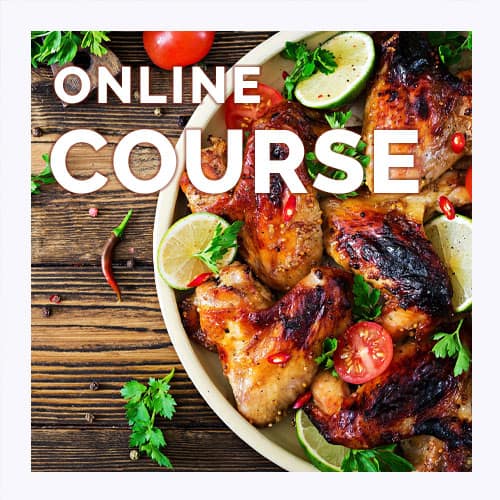Start practicing cruising skills before you throw off the lines. After Nica’s great podcast on Provisioning Practice while you’re living shore, I’ve had several questions about other ways to prepare for cruising while still living on land and working.
Boating and Chartering
These are the obvious ones. I can’t emphasize enough the importance of staying on and using your boat to know how it works and what you really want to change. With both of our boats, things we thought we wanted to change when we bought her turned out to be non-priority items once we started using the boat, and other things moved way up the priority list. If you just start on projects without having used the boat much, you’ll probably waste some money on things that turn out not to be important once you’re on the boat.
If you don’t own a boat yet, use your vacation time to visit friends on their boats or charter. The more boats you can get on before buying one, the more you’ll know what you like and don’t like.
Practicing Cruising Skills Today
Cruising isn’t just operating a boat. There are many other things that you can do every day to get ready for cruising:
- Space out grocery shopping. Gradually lengthen time between trips to the store. You’ll learn:
- what fruits and veggies will last the longest
- meal planning to eat the most perishable items first
- how to store many things without refrigeration as you simply don’t have enough room in the fridge (check out my ebook on this if you want more info on this), and
- how much to buy of various items.
- Don’t run to the store if you’re out of something. Use what you have — whether it’s a food, a tool or even clothing. This is one of the most useful skills for cruising.
- Pay attention to the weather and forecasts. What’s the forecast for tomorrow? Start learning the typical patterns for your area, even if it’s not where you’ll be cruising (it’s good practice). What does it mean when the wind switches direction?
- DIY. Rather than hire a repairman, Google how to do it and watch YouTube videos, then attempt the repair. I bet you can do a lot more than you think you can, and the knowledge you gain — just in general fix-it skills, not specifics — will be invaluable when cruising.
- DIY in the kitchen, too. Pick one thing that you normally buy “prepared” and learn to make it yourself. Spaghetti sauce. Bread. Yogurt. Muffins. Pizza. The list goes on and on, but the more you can make without cans or jars, the easier it will be to cook when cruising. Provisioning also gets easier as you’re just buying basic ingredients.
- Spend more time outdoors, even if it’s hot or cold. Or maybe I should say, especially if it’s hot or cold. Or rainy. Get used to dressing for the weather and doing things even if the weather isn’t perfect.
- Conserve water and electricity. Turn everything off when you’re not actually using it. Not only will this be good practice for living on a boat, you’ll save money and help the environment too.
I know, these don’t really sound like cruising skills. But they are adjustments that almost all of us have to make as we set out. Getting comfortable with them before moving onto the boat will make that first-year “learning curve” just a little bit flatter as you won’t have quite so many new things you’re getting used to. And the flatter the learning curve, the more fun you’ll have!
Related Posts
Flatten the learning curve with practical how-to info that gives you the confidence to step into life aboard.
Start Learning Today

Carolyn Shearlock has lived aboard full-time for 17 years, splitting her time between a Tayana 37 monohull and a Gemini 105 catamaran. She’s cruised over 14,000 miles, from Pacific Mexico and Central America to Florida and the Bahamas, gaining firsthand experience with the joys and challenges of life on the water.
Through The Boat Galley, Carolyn has helped thousands of people explore, prepare for, and enjoy life afloat. She shares her expertise as an instructor at Cruisers University, in leading boating publications, and through her bestselling book, The Boat Galley Cookbook. She is passionate about helping others embark on their liveaboard journey—making life on the water simpler, safer, and more enjoyable.










Carolyn Shearlock says
Great idea!